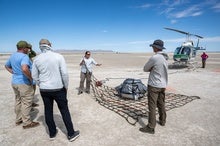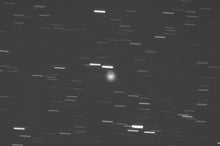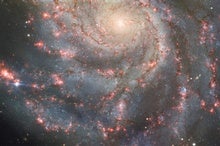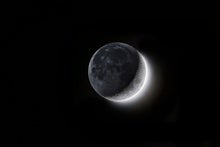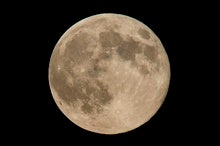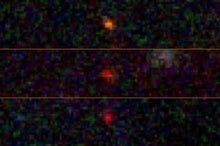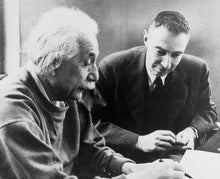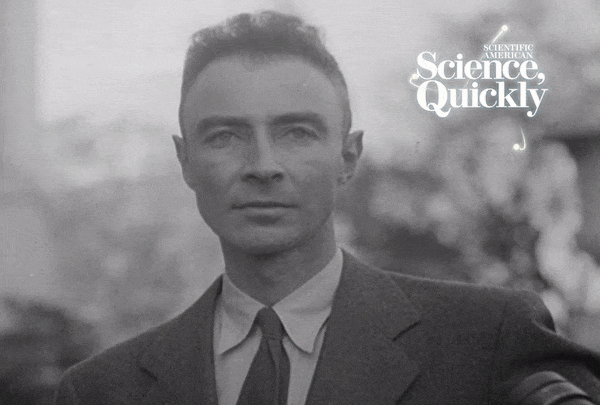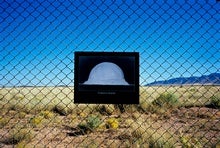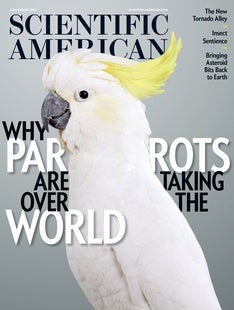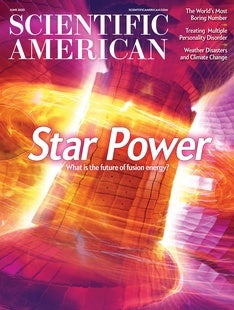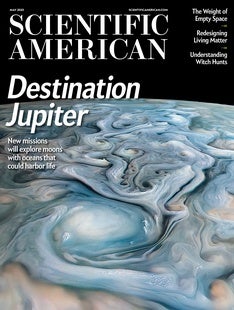 |
| July 27, 2023 |
This week, we're feeling surprised. Mostly by the scorching, record-shattering heat that is gripping much of the globe, but also by some arguably less ominous developments. Our lead story highlights the most delightfully unexpected discoveries in physics, as selected by a cadre of thoughtful researchers. Elsewhere, we have a bounty of other coverage, including stories on a dress rehearsal for an asteroid sample return, deeper scrutiny of a nearby supernova, the inspiring story of the Black astrophysicist Aomawa Shields, a tantalizing comet sprouting "wings," and much more. Enjoy! |
| | Lee Billings, Senior Editor, Space & Physics
| |
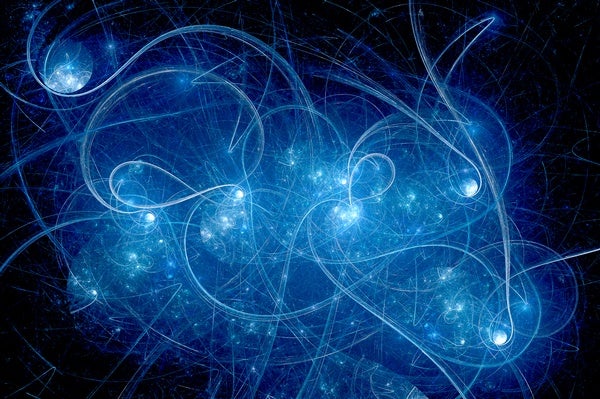 |
| |
| |
| |
| |
| |
| |
| |
| |
| |
| |
| |
| |
| |
| Artificial Intelligence Oppenheimer Offers Us a Fresh Warning of AI's Danger The U.S. ignored Oppenheimer's warnings about nuclear weapons and rushed to build and deploy a dangerous technology. We must not make the same mistake with AI | | By Senator Edward J. Markey | | | |
| History What Was the Manhattan Project? The top-secret Manhattan Project resulted in the atomic bombs dropped on the Japanese cities of Hiroshima and Nagasaki in 1945 | | | | |
| |
| |
FROM THE ARCHIVE
 | | 6 Times Quantum Physics Blew Our Minds in 2022 Quantum telepathy, laser-based time crystals, a glow from empty space and an "unreal" universe—these are the most awesome (and awfully hard to understand) results from the subatomic realm we encountered in 2022 By Lee Billings | December 2022 | | |
LATEST ISSUES
 |
| |
| Questions? Comments?  | |
| Download the Scientific American App |
| |
| |





